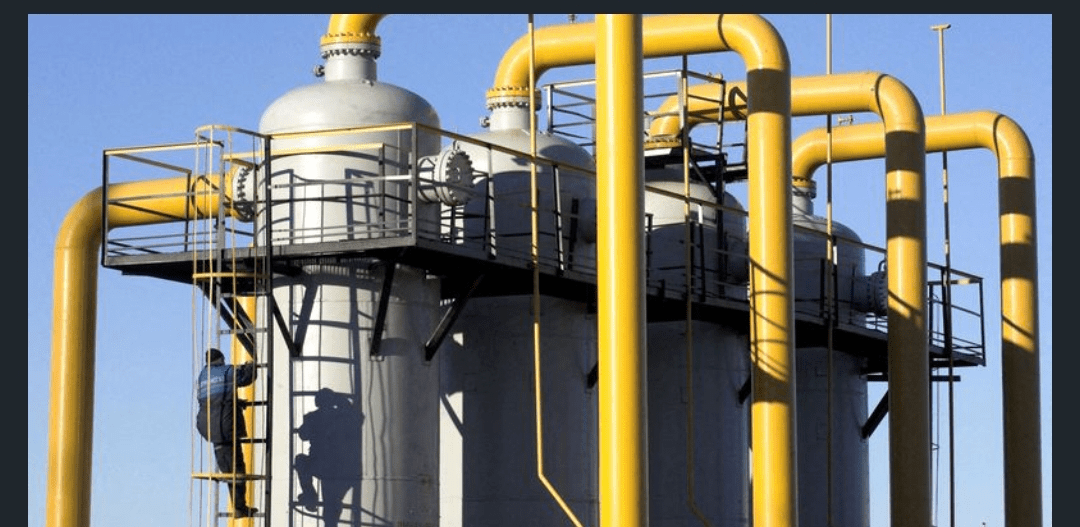#Trump's  #china The halt of U.S. ethane imports by China, triggered by reciprocal tariffs, could lead to a sharp decline in ethane prices and burden Permian gas infrastructure, said Bank of America analysts while exploring the potential impact.
#china The halt of U.S. ethane imports by China, triggered by reciprocal tariffs, could lead to a sharp decline in ethane prices and burden Permian gas infrastructure, said Bank of America analysts while exploring the potential impact.
China is the largest ethane importer in the world, but current tariffs make U.S. ethane uneconomical compared to naphtha.
BofA said this issue could be resolved if U.S. President Donald Trump eases tensions or if China provides an exemption, but neither has occurred yet.
If China stops taking ethane, producers will be forced to return it to the natural gas stream.
While smaller basins like Bakken, Rockies, and Midcontinent are already nearing their maximum rejection capacity, BofA said that at the margins, the rejection must come from Permian.
Permian is already facing gas pipeline constraints until the second half of 2026, and additional ethane rejection will tighten the situation.
This could push Mont Belvieu ethane prices down to levels set by Waha gas prices rather than Henry Hub parity.
Based on current strip prices, BofA estimates that ethane could drop below 15 cents per gallon, compared to about 25 cents per gallon at Henry Hub parity.
The financial impact on integrated midstream companies will be limited, with a 5-6% EBITDA decline for most NGL integrated companies.
Exporters like Enterprise Products Partners (NYSE:EPD) and Energy Transfer (NYSE:ET) may be protected by take-or-pay contracts, but BofA noted that this represents exposure worth hundreds of millions of dollars, with Energy Transfer having greater risk related to China.
"We note that Trump could ease tensions or China could provide an exemption for ethane that could eliminate this issue," wrote analysts at BofA.
